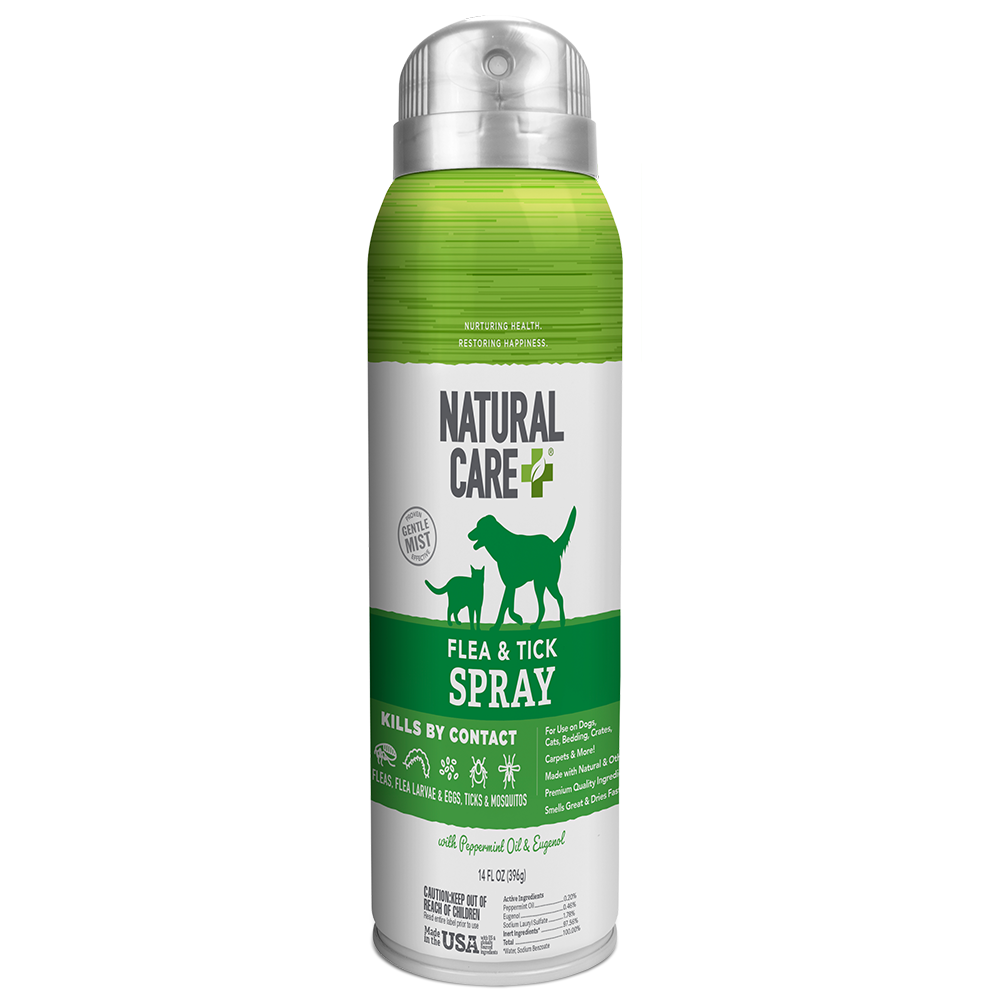
Best Flea Treatment for Cats Without a Vet Prescription: A Comprehensive Guide
If your furry feline is suffering from a flea infestation, you may be wondering what the best flea treatment option is without having to take them to the vet. This article will provide you with a comprehensive overview of the best flea treatments for cats without a vet prescription, exploring their effectiveness, safety, and ease of use. Whether you’re dealing with a minor infestation or a full-blown invasion, we’ve got you covered.
Before we dive into the world of flea treatments, it’s important to understand the impact of fleas on our beloved pets. Aside from causing constant itching and irritation, fleas can transmit diseases and even lead to anemia in severe cases. Therefore, it’s crucial to address flea infestations promptly and effectively to ensure your cat’s well-being and happiness.
Over-the-Counter Flea Treatments
Fortunately, there are numerous over-the-counter flea treatments available for cats that can effectively eliminate these pesky parasites. These treatments come in various forms, including topical medications, sprays, and shampoos. Each method offers its own set of benefits and drawbacks, so it’s important to choose the one that best suits your cat’s needs.
Topical Flea Medications
Topical flea medications are applied directly to the cat’s skin, where they effectively kill fleas on contact. These treatments often come in the form of spot-on solutions or collars that release a slow-acting insecticide. They provide long-lasting protection, typically lasting for several weeks or even months, and are generally safe for cats over 8 weeks of age.
Flea Sprays
Flea sprays are a quick and easy way to kill fleas on your cat. These sprays contain insecticides that kill fleas on contact, but they do not provide long-lasting protection. Flea sprays are ideal for spot treatments on small areas of infestation or as a supplement to other flea control methods.
Flea Shampoos
Flea shampoos are another effective way to kill fleas on your cat. These shampoos contain ingredients that kill fleas on contact and can also help soothe irritated skin. However, flea shampoos only provide temporary relief and may need to be repeated regularly to maintain flea control.
Choosing the Right Treatment
Selecting the best flea treatment for your cat depends on several factors, including the severity of the infestation, your cat’s age and health, and your budget. If you’re dealing with a minor infestation, a topical flea medication or flea spray may be sufficient. For more severe infestations, you may need to combine multiple treatments or consult with a veterinarian for professional advice.
Additional Tips and Expert Advice
In addition to using over-the-counter flea treatments, there are several other tips and pieces of expert advice you can follow to effectively combat fleas on your cat:
- Regularly vacuum your home: Fleas can lay eggs in carpets and furniture, so regular vacuuming can help remove eggs and prevent re-infestation.
- Wash your cat’s bedding frequently: Fleas can also lay eggs in your cat’s bedding, so wash it frequently in hot water to kill any fleas or eggs.
- Use a flea comb: A flea comb can help remove fleas and eggs from your cat’s fur. Dip the comb in soapy water to drown any fleas you catch.
- Consider a flea trap: Flea traps can help attract and capture fleas, reducing the number of fleas in your home.
- Maintain good hygiene: Fleas thrive in dirty environments, so keep your home clean and free of clutter to discourage fleas.
FAQs About Flea Treatments for Cats
Q: How often should I treat my cat for fleas?
A: The frequency of flea treatment depends on the severity of the infestation and the type of treatment you’re using. Some topical flea medications last for several weeks, while flea sprays and shampoos may need to be repeated more frequently.
Q: Can flea treatments harm my cat?
A: Most over-the-counter flea treatments are safe for cats when used according to the instructions. However, it’s important to choose a treatment that is specifically formulated for cats and to follow the directions carefully.
Q: What are the signs of a flea infestation?
A: Signs of a flea infestation can include itching, scratching, hair loss, and red or irritated skin. You may also see fleas or flea eggs in your cat’s fur or on their bedding.
Conclusion
Flea infestations can be a nuisance for both cats and their owners. By understanding the different flea treatment options available and following the tips provided, you can effectively eliminate fleas from your cat and restore their comfort and well-being. Whether you choose topical flea medications, sprays, or shampoos, regular flea prevention and control measures are essential for keeping your furry friend flea-free and healthy.
Are you currently dealing with a flea infestation on your cat? Share your experiences and any questions you have in the comments below.

Source Image: www.petco.com

Source Image: www.petco.com

Source Image: www.petco.com
Appreciate for your thoughtful consideration of these ideas. Best Flea Treatment For Cats Without A Vet Prescription, is a great source for broadening your insight.